HELLO? MR. SCATTER? ANYBODY HOME?
to evewybody else: shhh! be vewy vewy qwiet. let’s see how long it takes mr. scatter to notice i’ve posted something.
(hey, what’s up with the dreadful new digs?)
*****
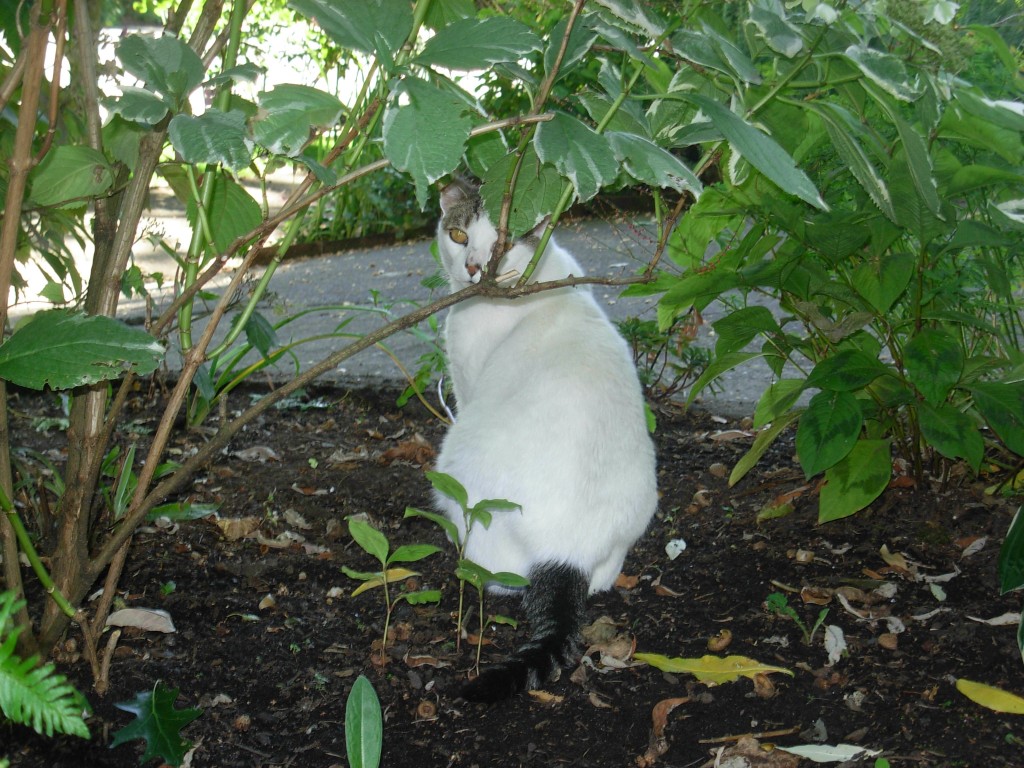
Behold. My own blog sign-in. Not that I have bloglegs to go with it. I’ve had the superblogpower for a while and have been mulling over the perfect first post. Big? Little? Not that the passing days mattered a wit because I didn’t have time. As I kicked around ideas and poked in the cobwebs of my inner files, I kept coming back to a quiet little place I think of as a beginning. It’s my cat, really. My timid, sneaky she-cat.
It’s not my he-cat. He often lies in a basket next to me as I work. That is, when he’s not rubbing his white hair against my black pants and clawing my thigh. By most accounts, he’s a demanding brat. He’s big. And loud. Though I find his penchant for carrying around little stuffed animals adorable, I’m not so keen about his nosings-around on the kitchen counter.
She, on the other hand, takes off for days. She goes back to the old stomping grounds a few blocks away. Sometimes she walks home with me at night. But only if it’s really black outside. Even in the dark, she skirts the edges and the byways. She comes to me sideways and looks up past me. If she lets out a soft little trill my heart skips. Because it’s so hard to come by.
I pick her up and hug her to my cheek and smell poetry. Elusive. Mysterious. A silence like no other. A wellspring.
She disappears. But she always comes back to me. She bumps her forehead against mine. I smell the rich loam buried deep in her fur. This is how we say hello. She lets out a soft little trill.
She is where I started to write a few years ago.
A sweet little poem came out. And then a funny thing happened. It became a prelude. This is how it went.
Two cats: A prelude
One is strong and cocky.
He jumps on the counter
when he knows it’s wrong
and dines fine
in a beam even,
meowing loudly.
He rubs my thigh
broadside
and laps my love
no matter what.
The other is quiet and shy.
She slinks in under shadow
and finds food
in the dark.
Curled in a hollow,
she sleeps in the small space
pressed next to me,
speaking nothing.
In the night
when all is silent
I touch her softness
slowly
stroking
and she carefully
turns her belly bare
to meet my hand.
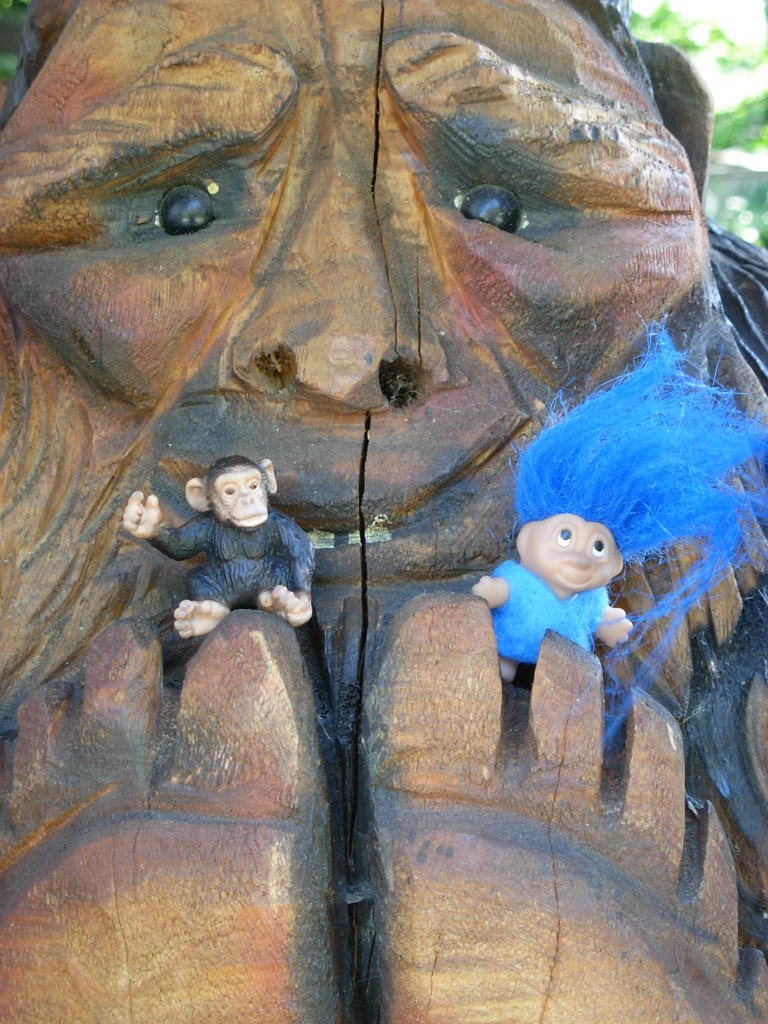
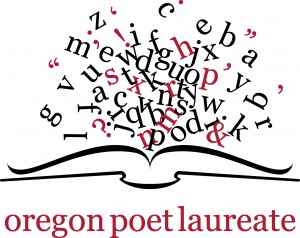 Mr. Scatter suggested in The Oregonian that, historically speaking, the best qualifications might include a good beard (or at least a good shock of hair) and a cool-sounding name, like
Mr. Scatter suggested in The Oregonian that, historically speaking, the best qualifications might include a good beard (or at least a good shock of hair) and a cool-sounding name, like 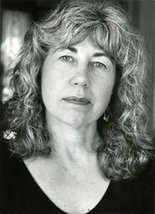 Petersen seems like an excellent choice, actually. A good poet laureate is, in a sense, an ambassador of the word, and Petersen stressed that point to the committee that recommended her. “Poetry is not the domain of just a few, nor the realm of the elite,” she said. “Poetry is as natural and accessible as heartbeat and breath.” In April, Jeff Baker
Petersen seems like an excellent choice, actually. A good poet laureate is, in a sense, an ambassador of the word, and Petersen stressed that point to the committee that recommended her. “Poetry is not the domain of just a few, nor the realm of the elite,” she said. “Poetry is as natural and accessible as heartbeat and breath.” In April, Jeff Baker 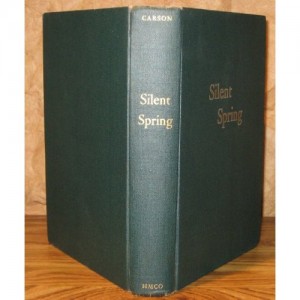 I put my bag on the floor and moved a portable potty out of the way to give her a sideways hug.
I put my bag on the floor and moved a portable potty out of the way to give her a sideways hug.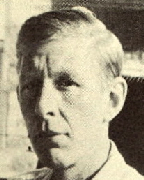 In
In 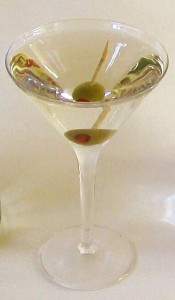 In 1963 I had the honor of hosting Auden, who was giving a reading at a community college I attended at the time. There was a dinner and reception before the reading, during which he drank, by my own nervous count, a dozen martinis! And seemed drunk. We didn’t know what to do, and when approached he assured us all was fine, no, he didn’t want any coffee …. so off we went to the reading, nervous as hell. He still seemed drunk to me when he went to the podium. Then somehow he didn’t. He gave a brilliant, flawless reading. Then he stepped away, seemed drunk again, and wanted to know when he could have a drink.
In 1963 I had the honor of hosting Auden, who was giving a reading at a community college I attended at the time. There was a dinner and reception before the reading, during which he drank, by my own nervous count, a dozen martinis! And seemed drunk. We didn’t know what to do, and when approached he assured us all was fine, no, he didn’t want any coffee …. so off we went to the reading, nervous as hell. He still seemed drunk to me when he went to the podium. Then somehow he didn’t. He gave a brilliant, flawless reading. Then he stepped away, seemed drunk again, and wanted to know when he could have a drink.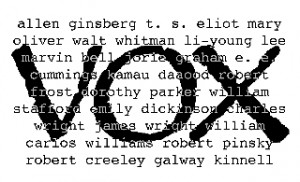 It’s the latest in Eric Hull‘s
It’s the latest in Eric Hull‘s  Waterbrook is basically a room with an entrance area and a door leading to what serves as a green room for the performers. Somewhere around the corner, down a broad-plank floor, is a restroom. On Saturday the performance space had a few rows of folding chairs for the spectators, a lineup of music stands up front for the six performers, and three chairs to the side for the performers who occasionally sat a poem out. In other words: all the tools you really need to create some first-rate performing art.
Waterbrook is basically a room with an entrance area and a door leading to what serves as a green room for the performers. Somewhere around the corner, down a broad-plank floor, is a restroom. On Saturday the performance space had a few rows of folding chairs for the spectators, a lineup of music stands up front for the six performers, and three chairs to the side for the performers who occasionally sat a poem out. In other words: all the tools you really need to create some first-rate performing art.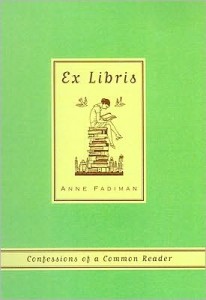 I’ve been keeping someone to myself much too long. I’ve collected reams of notes and have a stack of material. Now I feel somewhat prodded, thanks to Rose City Reader, who posted
I’ve been keeping someone to myself much too long. I’ve collected reams of notes and have a stack of material. Now I feel somewhat prodded, thanks to Rose City Reader, who posted 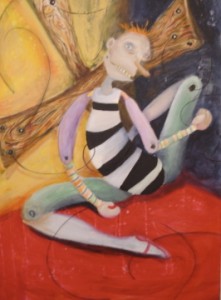 “Damn everything but the circus!” Allan advises, quoting the great, undercapitalized e.e. cummings, who wrote in full:
“Damn everything but the circus!” Allan advises, quoting the great, undercapitalized e.e. cummings, who wrote in full: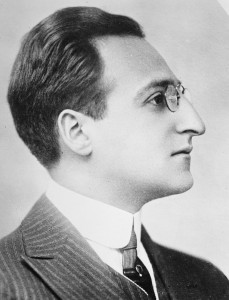 He has also composed essays that resulted in actual financial recompense, including a trio of pieces for that fine and noble stalwart of legacy media, The Oregonian.
He has also composed essays that resulted in actual financial recompense, including a trio of pieces for that fine and noble stalwart of legacy media, The Oregonian.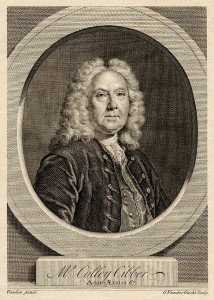 Mr. Scatter is, in fact, in favor of this position and its title, and he admires Oregon’s retiring laureate,
Mr. Scatter is, in fact, in favor of this position and its title, and he admires Oregon’s retiring laureate, 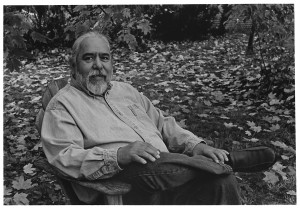 It’s a fine show, worth the trip. And speaking of trips, Mr. Scatter pauses for what might seem a brief diversion but in fact is not.
It’s a fine show, worth the trip. And speaking of trips, Mr. Scatter pauses for what might seem a brief diversion but in fact is not.